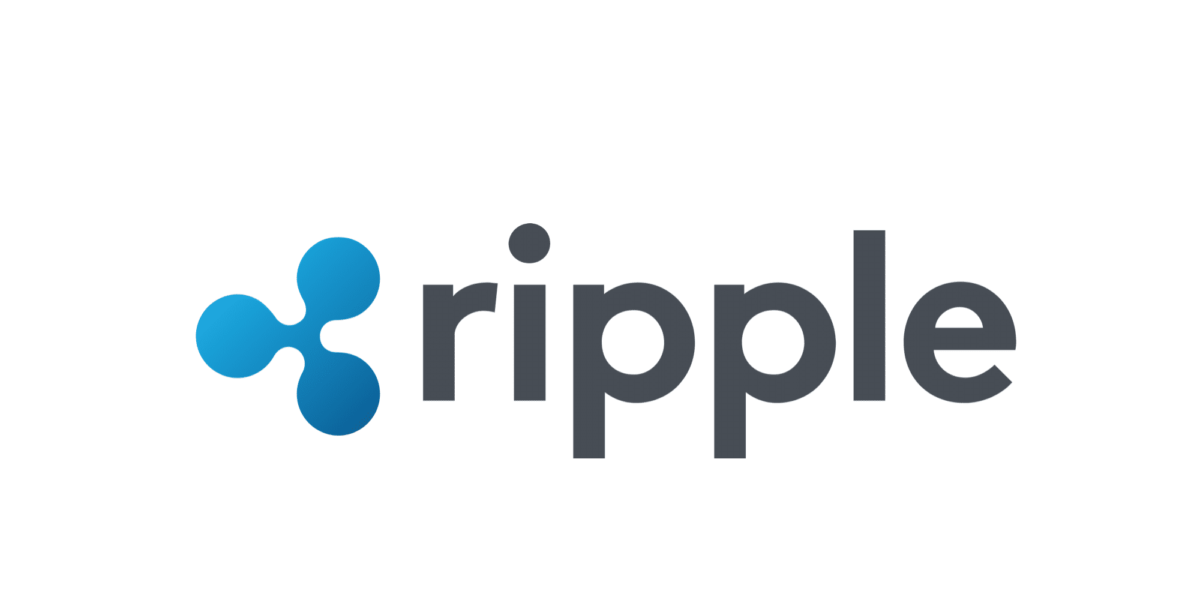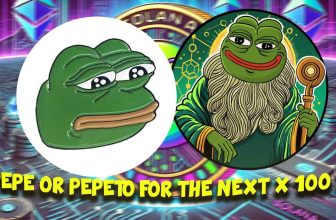
June 14th of 2018 has brought joy to many cryptocurrency enthusiasts. On this day, the Director of the SEC’s Division of Corporate Finance, William Hinman, confirmed that Ethereum is not a security. Commenting on the cryptocurrency, Hinman said:
When we think about how ether today is operating, at least, we see a highly decentralized network, not the type of centralized actor that characterizes securities offerings. In its current state, we don’t see value regulating it.
Hinman further expanded that the SEC doesn’t see “a lot of value” in observing ether as a security, confirming their intention to stay away from regulating it. The statement came days after the SEC chairman, Jay Clayton, confirmed that Bitcoin isn’t a security. When asked about this cryptocurrency, Mr. Clayton said:
“These are replacements for sovereign currencies [like] the dollar, yen, euro, etc. [This] type of cryptocurrency is not a security.”
After the news dropped that the top two most valuable cryptocurrencies will in fact not be regulated as securities, the question on some people’s minds was: what about the rest of the pack? Let’s take a look at the next currency in line, the number 3 on coinmarketcap’s list of most valuable currencies, XRP.
Read a comparison of ripple vs bitcoin.
Ripple, the company behind the XRP coin, has made it a point in the past to convince everyone it’s not a security. Brad Garlinghouse, the CEO of Ripple, has spoken about this issue multiple times. In a recent interview to CNBC, when asked about a recent lawsuit from former XRP holders who sued Ripple claiming that it in fact is a security, had the following to say:
“Whether or not XRP is a security shall not be dictated by one lawsuit. The SEC is the governor of that. I think it is very clear that XRP is not a security. It exists independently of Ripple the company. If Ripple, the company shut down tomorrow, XRP will continue to exist.”
This sentiment has also been echoed by Ripple’s chief market strategist Cory Johnson. Mr. Johnson responded to questions if XRP should be regulated as a security by saying:
“We absolutely are not a security. We don’t meet the standards for what a security is based on the history of court law.”
Most lawmakers look back to the “The “Howey Test” when determining if something is a security or not. This test has been created by the Supreme Court for determining whether certain transactions qualify as “investment contracts.” If so, then under the Securities Act of 1933 and the Securities Exchange Act of 1934, those transactions are considered securities and therefore subject to certain disclosure and registration requirements.
Ripple has changed some of its critical statements from the past, according to The Block founder and CEO, Mike Dudas. Dudas did thorough research on the company, citing Ripple’s stance on key arguments related to the company and its cryptocurrency.
What you'll learn 👉
Contradictions between 2013 and 2018
As Cryptopotato writes, according to an archived version of Ripple’s website, the company had stated back in 2013 that they had created the 100 billion XRP that’s in circulation today. Furthermore, the 2013 version of Ripple’s site reports that a group of programmers at Ripple Labs “invented” Ripple and released the beta version of the software in 2013, which was made open-source.
“Ripple Labs is the creator of Ripple. We developed the protocol and its distributed payment network, and we now work to support and promote its growth,” the company states in an early version of its whitepaper. “100 billion XRP was created with the Ripple protocol. Ripple Labs plans to gift 55 billion XRP to charitable organizations, users, and strategic partners in the ecosystem over time. The company will retain a portion with the hope of creating a robust and liquid marketplace in order to monetize its only asset sometime in the future.”
On the contrary, on the current version of the company’s website, Ripple states that they didn’t create XRP.
“Ripple, the company, didn’t create XRP; 100 billion XRP was created before the company was formed, and after Ripple was founded, the creators of XRP gifted a substantial amount of XRP to the company,” as currently stated.
Let’s see how Ripple fares against the 4 questions asked by the Howey Test:
- Is it an investment of money/assets?
The Ripple company specifically states that XRP is not an investment vehicle. Buying XRP does not give holders any rights within the Ripple company. The token is simply a digital asset created by Ripple and sold to institutions for its intended purposes.
- Is there an expectation of profits from the investment?
The Ripple company has never promised that XRP will go up in value while people hold it. They never claimed that it will go up in value at all.
- Is the investment of money/assets in a common enterprise?
There is no common enterprise involved, Ripple claims. Most federal courts define a common enterprise as one that is horizontal, meaning that investors pool their money or assets together to invest in a project. While XRP can be bought on exchanges in transactions that don’t have anything to do with Ripple, it is important to note that around 80% of XRP is in the hands of the Ripple company. This is a bit of a gray area and Ripple are working with the SEC to fix the issue.
- Any profit comes from the efforts of a promoter or third party
The final factor of the Howey Test concerns whether any profit that comes from the investment is largely or wholly outside of the investor’s control. If so, then the investment might be a security. If, however, the investor’s own actions largely dictate whether an investment will be profitable, then that investment is probably not a security. This is where XRP and Ripple are completely safe as the price of XRP is entirely determined by the people buying and selling it.
What would happen if XRP is declared as security?
Great post about this topic was posted on Reddit:
If XRP were to be deemed a security in the legal sense based in the United States, Ripple the company will be beholden to it’s “shareholders” and XRP ownership will represent ownership in the company. It will also put it into a classification that would make it incredibly difficult to fulfill its actual purpose of providing cross border liquidity due to the entirely separate legal framework around securities.
This shouldn’t be confused with the possible securitisation of futures contracts with XRP as the underyling asset. For instance, one could trade futures contracts on an underlying asset such as oil or corn or wheat. But that doesn’t mean buying wheat makes you an owner of the farm that produced it.
XRP should be classified as a digital commodity, or something similar, so it could fulfill its role of being a bridge currency between fiat. That is only one of its possible use cases, but the primary one being pushed at the moment.
Read here about ripple wallets.
All in all, XRP is a digital asset that has a real use case (unlike stocks aka actual securities that can only be held and traded). XRP ledger existed before Ripple and it was “gifted” to the company after it was founded. The Ripple company then used the XRP ledger to develop financial software around and has started selling this software to banks and financial institutions. Buying XRP doesn’t give you shares in Ripple and the price of XRP isn’t set by Ripple.
The biggest argument to calling it a security is XRP’s level of centralization. Ripple knows they are operating in murky waters as they do own a lot of the cryptocurrency which they designed and originally distributed. The efforts to become more SEC-compatible include decentralizing the total supply and creating separate brands for the digital token and the company. Ultimately, the token is a digital bridge asset meant for value exchange and it is almost certain that regulators will soon confirm that XRP isn’t a security as well.







